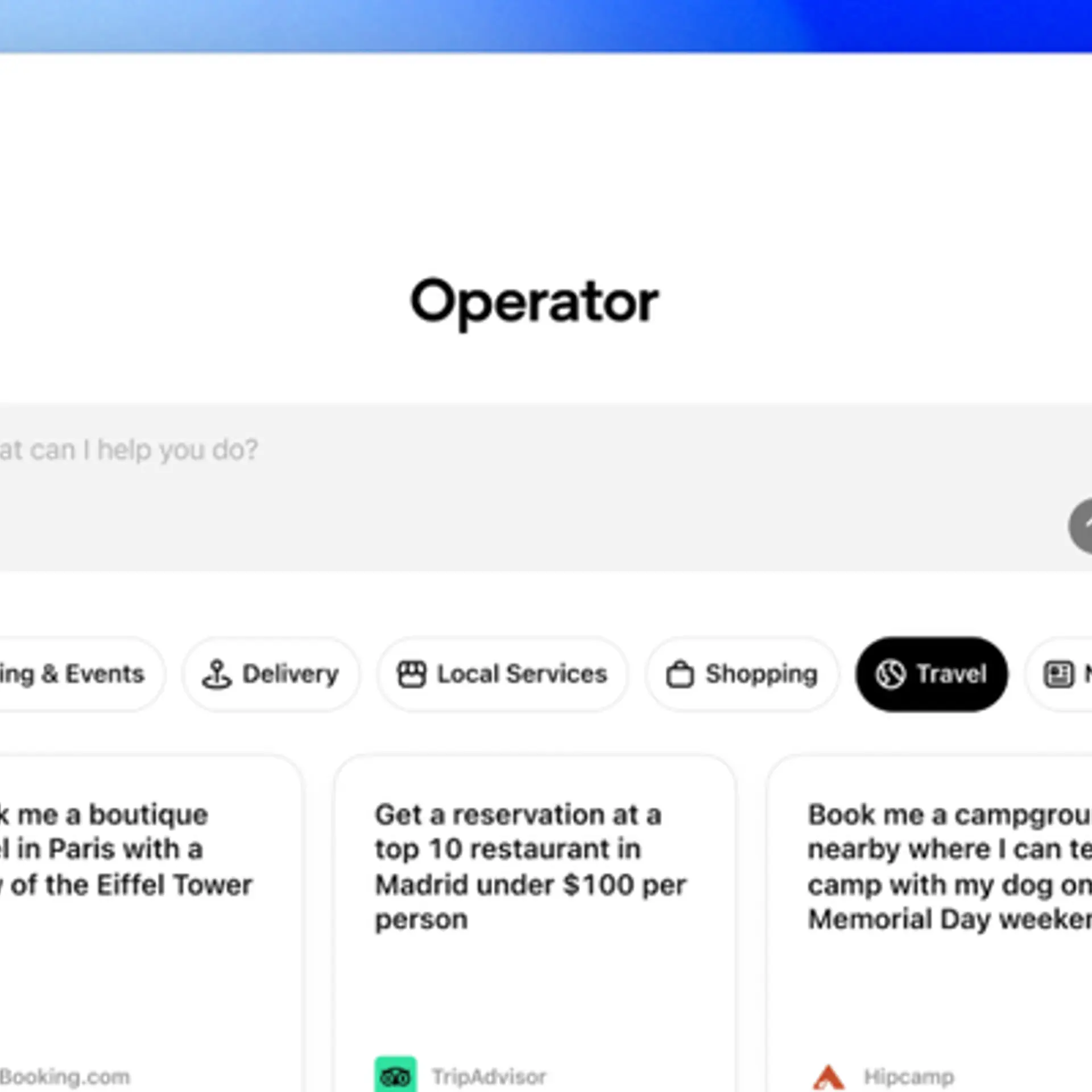Tips, trends, tech – entrepreneurship advice from jurors of the Britannia Marie Gold My Startup competition 2022
In Part II of our coverage of this annual initiative for homepreneurs, we share jury insights from four entrepreneurship experts. Here are some key takeaways.
Britannia Marie Gold, the third-largest biscuit brand in India, recently completed Season III of its annual women entrepreneurship initiative, My Startup. Ten winners each year were awarded Rs 10 lakh each to kickstart their business ventures (see our coverage of the earlier 2020 edition here).
YourStory was part of the external jury for the shortlisted entries, along with Rashmi Bansal (author of 10 best-selling books on entrepreneurship, and Visiting Professor at Ashoka University; Sairee Chahal, Founder of SHEROES and Mahila Money; Renu Shah (Founder of Shakti - The Empathy Project, an incubation programme for women social entrepreneurs); and Aakanksha Bhargava (CEO and President of PM Relocations).
The initiative received 1.3 million entries this year from across the length and breadth of India. The 10 winners this year are from Odisha, Maharashtra, Tamil Nadu, Karnataka, and Bihar. The founders’ ages range from 21 to 46, in sectors such as digital services, farming, skill development, healthcare, and food (see winners list in Part I of our coverage here).

Pandemic impact
Though the pandemic seems to be waning in India, its economic impact still continues to be felt.
“There have been challenges and opportunities both. The traditional businesses suffered the most, and yet there has been good news for tech-based enterprises,” observes Renu Shah.
“The pandemic has adversely affected sectors like travel and tourism, but on the other hand, we have seen the maximum number of unicorns emerging from the pandemic,” she adds, citing edtech as an example. Companies that reinvented their businesses saw growth.
“I feel entrepreneurs are natural fighters who are not just optimistic but also agile and resilient. Hence, the pandemic gives them an inherent and underlying opportunity to reinvent and do something,” Aakanksha Bhargava affirms.
“When survival is the main focus to sustain them, entrepreneurs rise to the occasion,” she adds. Disrupted work, lack of financial support, and limited market access were other challenges, in addition to the anxiety and fear.
“Necessity is the mother of invention. In the pandemic, many breadwinners have lost their jobs and therefore women have taken up entrepreneurship,” Rashmi Bansals says. Digital and social media have also helped startups market themselves and conduct transactions.
“The pandemic was definitely a tipping point for entrepreneurship in India. Several businesses struggled with zero revenues for a while. Shifts to remote work, tackling supply chain issues, and taking products to consumers were core challenges,” Sairee Chahal observes.
But the pandemic accelerated the digitalisation of businesses. “Some verticals like D2C, social commerce, healthtech and finetch, which were already in the making, really took off, with more and more consumers shopping online. The pandemic saw the launch of several new businesses that fulfilled gaps in the market,” she adds.
“Our community marketplace SHOPOnSHEROES was a direct response to the surge of women micro-entrepreneurs as well as women-founded D2C brands offering quality products,” Sairee recalls.
“Mahila Money, our neobank and financial services stack for aspirational women, was also launched in a post-pandemic world to fulfil their credit needs. Technology has helped us take businesses to market faster,” she adds.

Rashmi Bansal
Trends
Several trends are shaping the fields of business and entrepreneurship, ranging from technology to policy.
“Tech is going to take the lead in any sector. Edtech, healthtech, fintech, and tech solutions for the environment and energy will be in the lead,” Renu says, pointing to EVs (electric vehicles) as an example.
In other trends, Rashmi points to the rise of small and home-based businesses, and more startups employing women. “Startups will be expected to make a profit, the old-fashioned way,” she adds.
“We’re seeing widespread digital adoption by startups to improve productivity, streamline workflows, and make platforms more intuitive,” Sairee observes. “There will be more focus on women's consumer needs and aspirations,” she adds.
She sees the hybrid work model getting normalised as well. “Companies will be more open to hiring and working with specialists from different parts of the globe. Our workplace is in some ways already a global village,” she says.
Aakanksha foresees the wellness sector really picking up ahead. “There are a lot of things happening in the wellness sector, to boost people to have a better work-life balance, exercise plan, good diet, and healthy lifestyle,” she says.

Sairee Chahal
Founder tips
The jurors also offer tips for women entrepreneurs, from personal growth to business connections and tech skills.
“Entrepreneurship is a lonely journey, especially for women. But the times are changing and now there is support for women striving in this direction,” Renu observes, pointing to the growth in incubators, accelerators, and government schemes.
“Don't feel helpless, reach out to the ecosystem and I am sure you will find support. Giving up is not an option for any woman,” she affirms.
“Intent is the key to accomplishing anything in life. With the right intent, one will surely find success. If one is clear of what they are trying to achieve, then they will surely succeed in difficult and uncertain times,” Aakanksha advises.
“Go deep and keep strengthening your offerings, and have a realistic understanding of whether your business really has the potential to scale. If not, you may need to identify a new business model,” Sairee advises.
“These tough times really define the way we work, and the value we create. They make us creative and resilient. The impact of these experiences compound over time, and build a foundation for continued success in better times,” she adds.
“Start small, dream big,” Rashmi sums up.

Renu Shah
Failure and resilience
The jurors also share insights on how to interpret failure, and tips on how to bounce back and recover.
“Failure is a strong word – I would instead look at it purely as learnings. If you can learn from every setback and difficulty, and translate that into action, you improve your chances of success in the future. You can be wildly successful if you stay the course, and go with your instincts,” Sairee advises.
“Don't take failure personally. An idea can fail – it does not make you a failure. Take it as a life lesson – get up and start walking again,” Rashmi urges.
“Entrepreneurial ventures fail most of time, sometimes because the timing is not right or there might be difficult roadblocks. But if entrepreneurs do not implement their ideas, they would never know what works and what doesn’t,” Aakanksha explains.
“To anticipate possible failures, entrepreneurs must build the energy back-up to avoid getting exhausted. It is also important to have a strong support network of family, friends and teams. Being self-motivated and persevering through the low phase is very important,” she adds.
“Sometimes, when one is on the entrepreneurial journey, failure is all it takes to pursue something bigger. Failures, if taken in the right way, can be the stepping stones to success. Failures are important to succeed,” Aakanksha affirms.
“Resilience is what is needed the most by entrepreneurs to rise from failures. If we are not resilient then we are not entrepreneurs. We need to rebuild with the new insights that we gain during failure,” Renu advises.
“Times change, circumstances change and so entrepreneurs should always be ready to reinvent themselves to remain relevant. Technology can be a gamechanger, so keeping a close eye on market trends can be helpful,” she adds.

Government and industry roles
The jurors also have tips and suggestions for the government and the corporate sector on growing and strengthening the startup ecosystem.
“Make it easier for anyone to start a business. There is still too much paperwork and compliance,” Rashmi suggests.
“While there is a shift in the ecosystem, there is a lot that needs to be done. The government has taken some commendable steps in this direction. However, the number of women entrepreneurs is still abysmal,” Renu laments.
She calls for an increase in VC and CSR spends for women entrepreneurs, and more education, research, data and reports focused on their issues. “I would also like to see women and other leaders dedicate a few hours a month to mentor upcoming entrepreneurs,” she adds.
In addition to content availability and support from government and corporates, Aakanksha points to the increasing number of people who are available to give talks on leadership, growth, and team nurturing.
“I’ve always said that entrepreneurship is the engine that will drive jobs and opportunity in the 21st century, especially in a country like India. Let’s nurture the entrepreneurial mindset early on in schools and colleges,” Sairee urges.
She calls for more opportunities for MSMEs (micro, small and medium enterprises) to launch and thrive. “Make it easy to seek permissions and licenses, and reduce red tape. Let’s build more accelerators that can be accessed in small towns and remote locations, where people seek opportunities,” she adds.
“Make the entrepreneurship landscape inclusive for women, and marginalised communities,” Sairee advises.

Startup activities
Many jurors themselves are actively involved in the startup ecosystem, and share some of their insights on the emerging opportunities.
Rashmi is teaching a course called ‘The Road Less Travelled’ to students of Ashoka University. “Last summer, I also ran a programme called 'My First Startup' for students of Class IX-XII. I firmly believe the earlier you get exposed to entrepreneurship, the better career choices you will make,” she says.
“I engage with startups daily through my incubation programme. STEP (Shakti – The Empathy Project) is a programme for women-led early-stage social- enterprises,” Renu explains.
“This year is exciting for us, we are moving to two cohorts a year. One of them is in Hindi, and have also launched a new program called WINGS Challenge in which we encourage women to submit their business ideas,” she adds.
Aakanksha has been an angel investor in a number of startups a swell, and mentored them. “I am a speaker with ‘The Outstanding Speakers Bureau’ and mentor with NITI Ayog,” she says.
She has been a guest lecturer with Indian Business School at Hyderabad, Division of MHROD at Delhi School of Economics, RLA College South Campus – Delhi, IILM University Gurugram, and PSG College of Technology.
She also aims to leverage social media to create content around entrepreneurship, mentoring, leadership, marketing, branding, and PR.
Sairee has mentored many women founders over the years. She was also part of the Delhi government’s initiative to nurture the entrepreneurship mindset in schools.
“Interventions at such a young age can be transformative,” Sairee signs off.
Edited by Kanishk Singh



![[Year in Review 2021] Amid COVID-19, these 10 non-profits created social impact this year](https://images.yourstory.com/cs/5/79900dd0d91311e8a16045a90309d734/collage-1640102486726.png?fm=png&auto=format&h=100&w=100&crop=entropy&fit=crop)

![[Year in Review 2021] Times are changing as women in tech reach new heights](https://images.yourstory.com/cs/4/bf6cd6001f6d11ec9f7c8d775ba8e1d7/women-tech-leader-1640501582312.png?fm=png&auto=format&h=100&w=100&crop=entropy&fit=crop)
![[Year in Review 2021] ‘Failure is the pillar of success’ – 40 inspiring quotes on failure, resilience and success](https://images.yourstory.com/cs/2/28b451402d6a11e9aa979329348d4c3e/Failure-and-Resilience-1640925238954.png?fm=png&auto=format&h=100&w=100&crop=entropy&fit=crop)
![[Year in Review] Meet these Indian women who used social media to drive change and social impact](https://images.yourstory.com/cs/4/211ccaf00e6d11e997fe8f165dce9bb1/NewDesigncopy14-1640700625660.png?fm=png&auto=format&h=100&w=100&crop=entropy&fit=crop)
![[Year in Review 2021] Top ten changemakers of the year](https://images.yourstory.com/cs/5/79900dd0d91311e8a16045a90309d734/collage1-1639488579193.png?fm=png&auto=format&h=100&w=100&crop=entropy&fit=crop)




